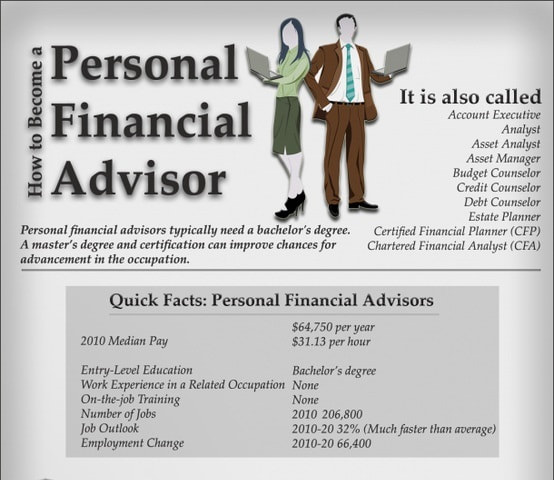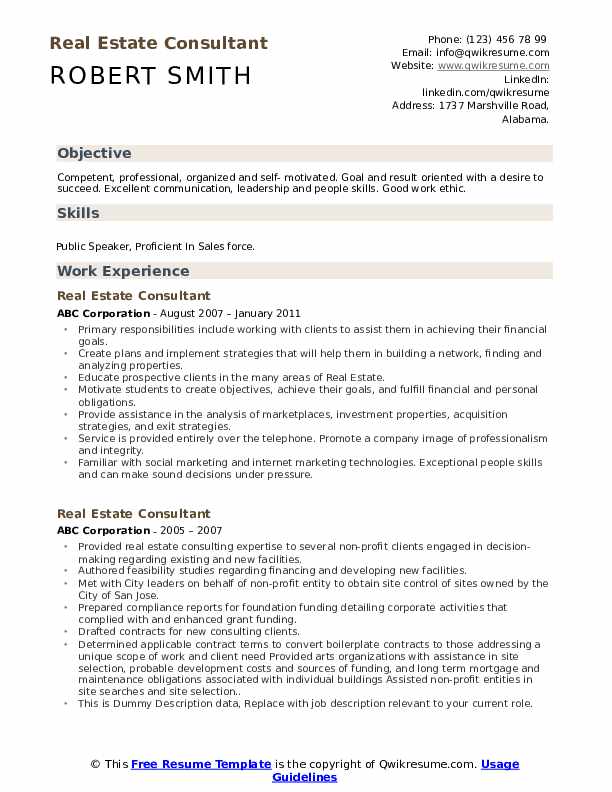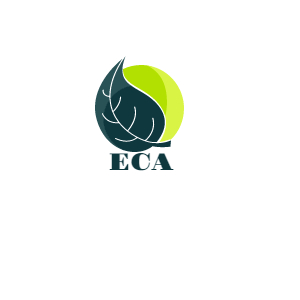
An environmental consultant is a professional who ensures that clients comply with all applicable environmental regulations. This is also called compliance consulting. It plays a vital role in the world of environmental policy. A wide range of technical certifications are required for environmental consultants. This consulting is crucial to ensure that companies comply with environmental laws.
Job description
A qualified environmental consultant must have a solid understanding of engineering principles and environmental regulations. A good communicator is also a must. This is a difficult career that often requires you to travel. Some environmental consultants work on their own, while others work in larger consulting firms to grow their client base. A solid reputation in the field will allow environmental consultants to charge higher fees.
Many environmental consultants are proficient in computer-aided planning and geographic information systems. These technologies enable them to analyze data and pinpoint pollution sources in order to identify mitigation strategies. They must be able to read and write reports, collect data, and conduct surveys.

Education required
You can work as an environmental consultant at any level, including a certificate or a master's. Environmental consultants must have a degree in one of the sciences and be familiar with environmental issues, but some may choose to specialize in a certain area. One example is that environmental consultants could choose to focus on ecology, conservation, or geology.
For many projects, environmental consultants work closely with engineers and professionals. These skills require excellent communication skills. They also have to be able collaborate well with other professionals. Environment consultants must also be skilled at managing clients and keeping track.
Salary
Environmental consultants have a range of job titles. They collaborate with clients both in their offices and out in the field to resolve environmental problems. They may be required to perform field studies or analyze scientific data. In order to communicate their findings effectively to clients, they will also need to be able to communicate the results to them. An environmental consultant must be able to analyze scientific data and understand natural elements as well as man-made materials. They might also need to be knowledgeable about human anatomy and biology.
Environmental consulting jobs can have a wide range of salaries, depending on their location, industry, or local conditions. Texas's average annual salary for environmental professionals is $88,903 The highest-paid environmental consultants earn more than $94,000, while the lowest-paid earn as little as $72,000 a year.

Work experience
Environmental consulting requires a wide range of skills including data analysis and writing. Additionally, the field requires a solid understanding of public policies. The career demands strong leadership and communication skills. Pragmatic internships can help them gain valuable work experience and enhance their skills. Environmental consulting companies may consist of large firms or smaller firms that specialize in a particular service or industry. Many government agencies also carry out this type work and help clients understand environmental laws.
Graduates must have at least a bachelor's in environmental science or related fields. A minimum of one to three years relevant work experience is required. They must be able and able to work on their own, handle multiple tasks, and not need supervision. Additionally, they must be aware of health and safety practices and have 40-hour OSHA HAZWOPER certification.
FAQ
How long does it take to become a consultant?
The length of time required varies depending on your background and industry. People start work with a few weeks before they find employment.
Some consultants, however, spend many years perfecting their skills before they find work.
What is the difference between consulting and freelancing?
Freelancers work as independent contractors and offer their services without the assistance of an agency or company. They usually charge an hourly rate based on how much time they spent on a project. Consultants usually work for agencies or companies that employ them. They are often paid monthly or annually.
Consultants often have more flexibility, while freelancers can choose to work when they want and set their own rates. Consultants have better benefits, like health insurance, vacation time, sick leave, retirement plans and etc.
What should I expect from my consultant
You should hear back from your chosen consultant within a few days. They will typically ask for information about the company, such as its mission, goals. products and services. budget. After receiving this information, they will prepare a proposal outlining their scope of work, estimated timeline, fees, deliverables and milestones.
If all goes well, the parties will then negotiate a written agreement. The type of relationship between the parties (e.g., employee-employer, independent contractor-employer) will affect the terms of any contract.
If all goes according to plan, the consultant will begin working immediately. You will have access both to your documents and internal resources and the consultant's skills and knowledge.
Don't think that consultants are experts. It takes practice and hard work to become an expert in the field you are consulting. So, don't expect your consultant to know everything about your business.
What skills is required to consult?
A consultant should have strong analytical skills as well as interpersonal skills. This is because you could be asked questions or not know what you are doing. You must learn how to manage people and solve problems quickly.
Communication skills are essential. Most clients expect to hear back within 24 hours. If they don't hear anything, it is likely that they aren't interested in you. It's important, therefore, to always keep them informed and ensure they understand what is going on.
How do I get clients for my consultancy business?
First, find a subject you're passionate about. It could be anything from social media to public relations, but there must be something you feel strongly about. If not, you may have to start small by finding a niche market such as web design. Once you have discovered the niche, understand what it does. What problems does this solve? Why should people use them? But most importantly, what can you do to help them?
You could also approach businesses directly. Perhaps they are looking for someone who can help them understand SEO and content creation or just need advice on social media strategy.
If all else fails why not offer your services to free events like conferences and networking evenings? You'll meet many potential customers without spending money on advertising, and you'll be able to show off your skills.
Who hires consultants?
Many companies hire consultants to help with their projects. These consultants can be found in small and large businesses as well as government agencies, universities, educational institutions, non-profits, and education institutions.
Some consultants work directly with these organizations while others freelance. In either case, the hiring process varies depending on the size and complexity of the project.
You will likely go through multiple rounds of interviews when hiring consultants before you choose the candidate you feel is the best fit for the job.
Statistics
- So, if you help your clients increase their sales by 33%, then use a word like “revolution” instead of “increase.” (consultingsuccess.com)
- My 10 years of experience and 6-step program have helped over 20 clients boost their sales by an average of 33% in 6 months. (consultingsuccess.com)
- 67% of consultants start their consulting businesses after quitting their jobs, while 33% start while they're still at their jobs. (consultingsuccess.com)
- "From there, I told them my rates were going up 25%, this is the new hourly rate, and every single one of them said 'done, fine.' (nerdwallet.com)
- WHY choose me: Why your ideal client should choose you (ex: 10 years of experience and 6-week program has helped over 20 clients boost their sales by an average of 33% in 6 months). (consultingsuccess.com)
External Links
How To
What does a typical day look like for a consultant?
A typical day will vary depending on the type of work you are undertaking. But, in general, you will spend your time researching, planning and meeting new clients.
You will have many meetings where clients and you can discuss their issues. These meetings can be held over the telephone, online or face-to face.
It is possible that you will be asked to write proposals. These documents outline your ideas and plans, and are required by clients. These proposals should be discussed with a mentor or colleague before being presented to clients.
After all the planning and preparation, you will have to produce some content. You could write articles, design websites, edit photos or conduct interviews.
Depending on your project's scope, it may be necessary to do research to get relevant statistics. You might need to determine how many customers you have, and whether they buy more than one product.
Once you have enough information, it is time to present your findings and conclusions to clients. You can present your findings verbally or in writing.
Finally, you must follow up with clients after the initial consultation. You can call clients to ask how they are doing or send emails asking for confirmation that your proposal was received.
Although this process can take time, it is important to stay focused and build good relationships with your clients.